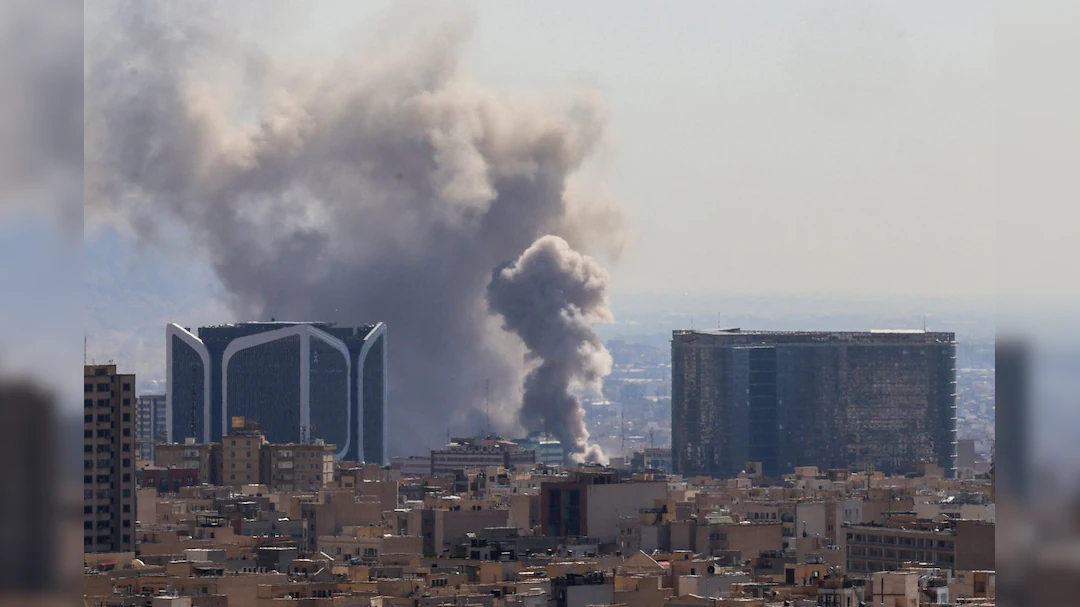By-Seo-jun
September 12, 2025
In a chilling escalation of repression, North Korea’s regime under Kim Jong Un is reportedly executing more citizens for simply watching or sharing foreign films and TV shows, according to a comprehensive new United Nations report. Released today by the UN Human Rights Office, the findings paint a grim picture of a nation where surveillance, forced labor, and fear have intensified over the past decade, leaving ordinary people in a state of constant terror.
This comes just days after Kim’s high-profile appearance alongside Chinese President Xi Jinping and Russian President Vladimir Putin at a massive military parade in Beijing, signaling deepening ties among authoritarian powers that could further embolden Pyongyang’s brutal policies.
The UN report, titled “10 Years of Increased Suffering, Repression and Fear in the Democratic People’s Republic of Korea” (DPRK), is based on over 300 in-depth interviews with North Korean escapees who fled the country in the last 10 years.
It concludes that no other population in the modern world faces such pervasive restrictions on daily life, with the government exerting “near total control” over economic, social, and political decisions.
UN High Commissioner for Human Rights Volker Türk warned that without urgent international intervention, North Koreans “will be subjected to more of the suffering, brutal repression and fear that they have endured for so long.”
At the heart of the report’s revelations is the expanded use of the death penalty. Since 2015, North Korea has introduced at least six new laws that broaden the scope of capital punishment, including for non-violent offenses like consuming or distributing foreign media.
Watching South Korean K-dramas, Hollywood films, or even sharing them via USB drives can now result in public execution by firing squad—a method deliberately chosen to instill widespread fear and deter others from seeking outside information. Escapees described executions carried out in marketplaces, schools, and near rivers, often forcing families and children to witness the brutality.
One defector, Kang Gyuri, who escaped in 2023, shared a harrowing account with BBC researchers: Three of her friends were executed for possessing South Korean content, including a 23-year-old tried alongside drug offenders and sentenced to death.
“He was tried along with drug criminals. These crimes are treated the same now,” she said, noting a sharp rise in fear since 2020. Another escapee, a young woman who fled at age 17 in 2018, lamented the dashed hopes when Kim took power in 2011. “In the early days of Kim Jong Un, we had some hope, but that hope did not last long,” she told UN investigators. “The government gradually blocked people from making a living independently, and the very act of living became a daily torment.”
The report links this repression to Kim’s shift away from diplomacy after failed 2019 talks with the U.S. and West, focusing instead on nuclear weapons development. This has led to widespread hunger, with nearly all interviewees reporting insufficient food—three meals a day is a “luxury.” The COVID-19 pandemic exacerbated the crisis, causing deaths from starvation as borders sealed and informal markets were cracked down upon. Borders with China are now heavily militarized, with orders to shoot escapees on sight, making defection nearly impossible.
Surveillance has also surged, aided by technological advances. The regime monitors “all aspects of citizens’ lives,” blocking “people’s eyes and ears” to eliminate even minor dissent. Forced labor has expanded, with poor families and even orphans recruited into “shock brigades” for hazardous mining and construction work. Deaths are glorified as sacrifices to Kim, rather than addressed through safety measures.
Political prison camps, sites of crimes against humanity as identified in a 2014 UN inquiry, continue to operate at least four facilities where torture, overwork, and malnutrition claim lives. While some minor improvements like reduced guard violence were noted, abuse remains rampant. The report urges referral to the International Criminal Court (ICC) but notes obstacles from China and Russia, permanent UN Security Council members who have vetoed sanctions since 2019.
This dire situation contrasts sharply with Kim’s recent international jaunt. On September 3, 2025, Kim joined Xi and Putin at Beijing’s Tiananmen Square for China’s grand military parade commemorating the 80th anniversary of World War II’s end. It was the first public appearance of the trio together, flanked by 24 other leaders, as China unveiled laser weapons, nuclear missiles, and thousands of troops in a show of might against Western powers.
Xi declared the world faces a choice “between peace and war,” positioning the event as a rebuke to U.S. influence.
The summit underscored an emerging “axis of autocracies,” with Putin thanking Kim for North Korean troops fighting in Ukraine—where thousands have reportedly died—and Kim pledging further support as a “fraternal duty.” Analysts see it as tacit endorsement of North Korea’s nuclear program and human rights abuses, with no mention of denuclearization in joint statements—a shift from past Chinese rhetoric. U.S. President Donald Trump accused the leaders of “conspiring against the United States,” calling it a “clear message” amid trade tensions. EU foreign policy chief Kaja Kallas labeled it a “direct challenge” to global order.
Despite the optics, experts caution the alliance is opportunistic, not ironclad. Economic frictions persist—China has resisted Russian gas deals and wheat imports—while joint military drills seem unlikely soon. Still, the parade boosted Kim’s legitimacy at home and provided diplomatic cover abroad.
The UN calls on North Korea to abolish prison camps, end the death penalty, and educate citizens on human rights. It also urges the international community, including the U.S., to push for accountability despite veto threats. Türk highlighted a “clear and strong desire for change, particularly among young people,” suggesting cracks in the regime’s facade.
As North Korea isolates further, the Beijing summit raises alarms in Washington and allies like South Korea and Japan, who fear a more aggressive DPRK backed by Beijing and Moscow. With Trump’s Asia-Pacific summit looming, the coming months could test whether diplomacy or defiance prevails. For now, the UN report serves as a stark reminder of the human cost of Kim’s iron-fisted rule.
Discover more from AMERICA NEWS WORLD
Subscribe to get the latest posts sent to your email.


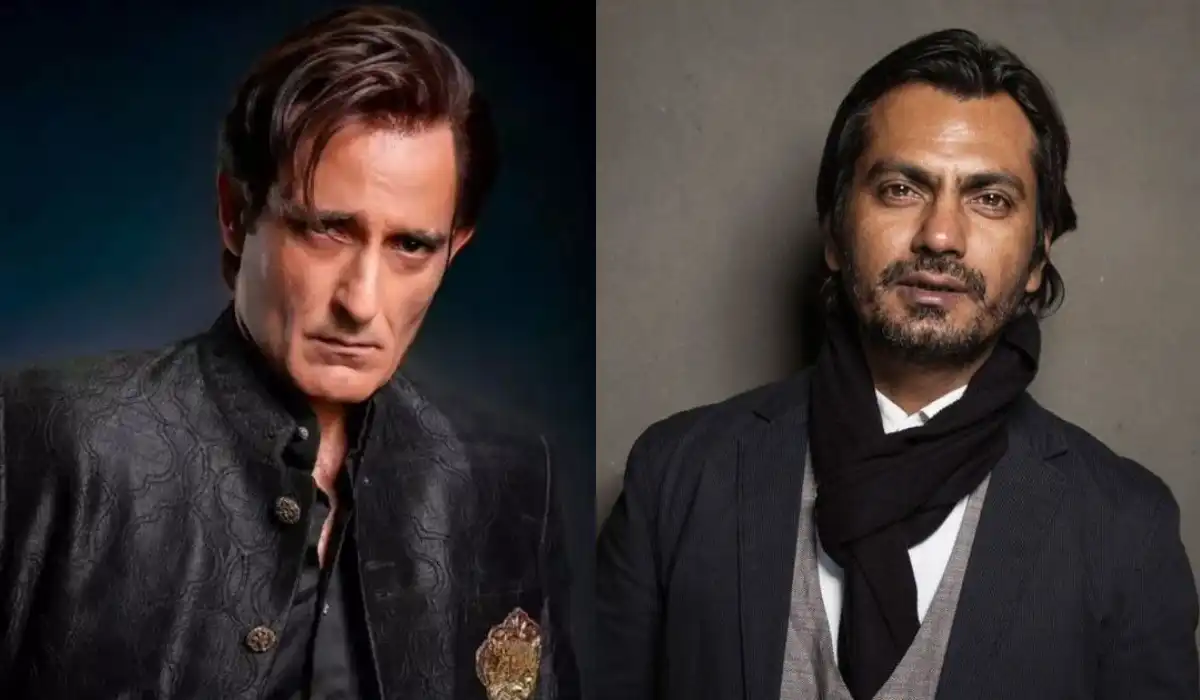
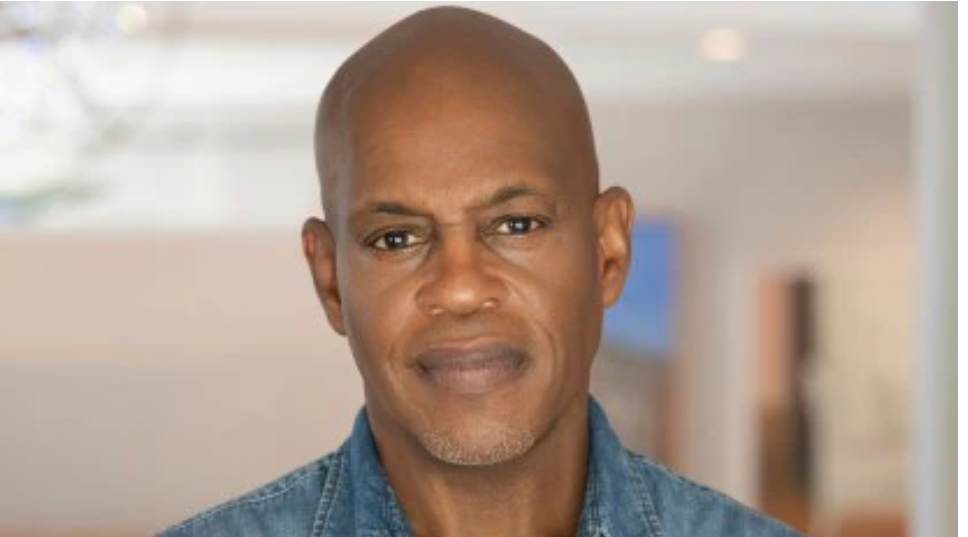
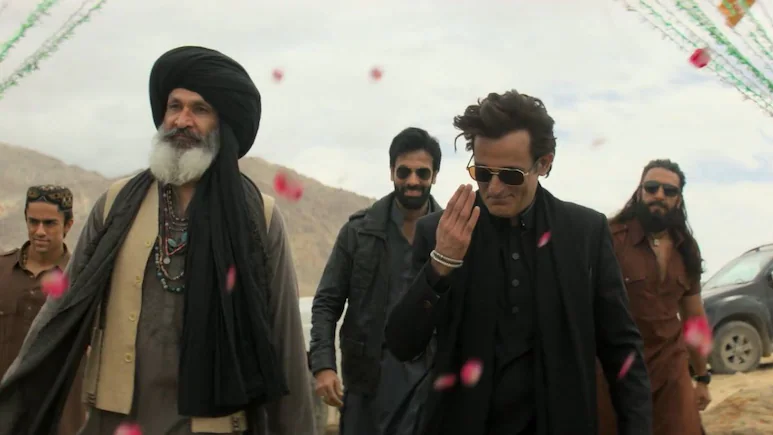


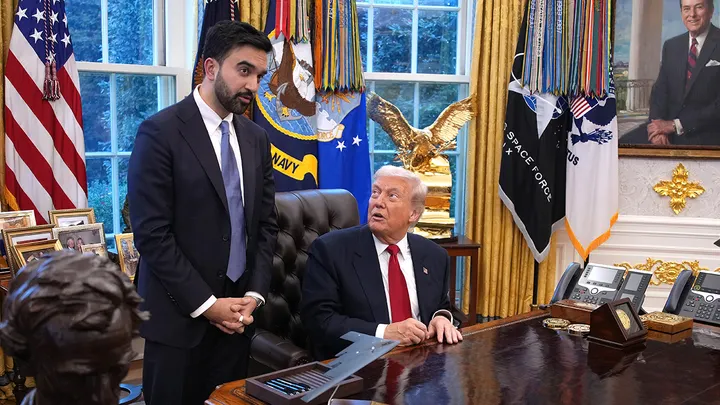


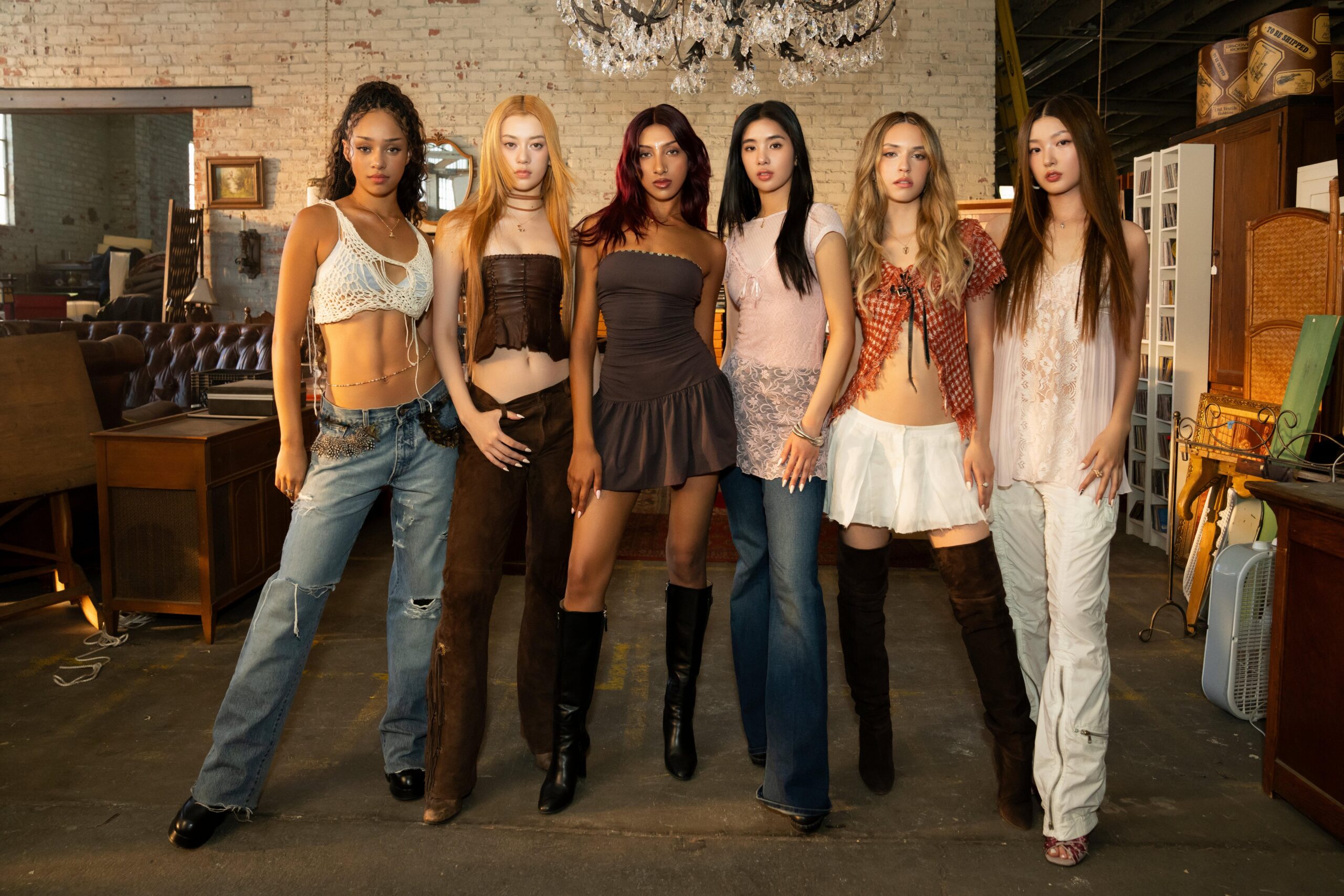

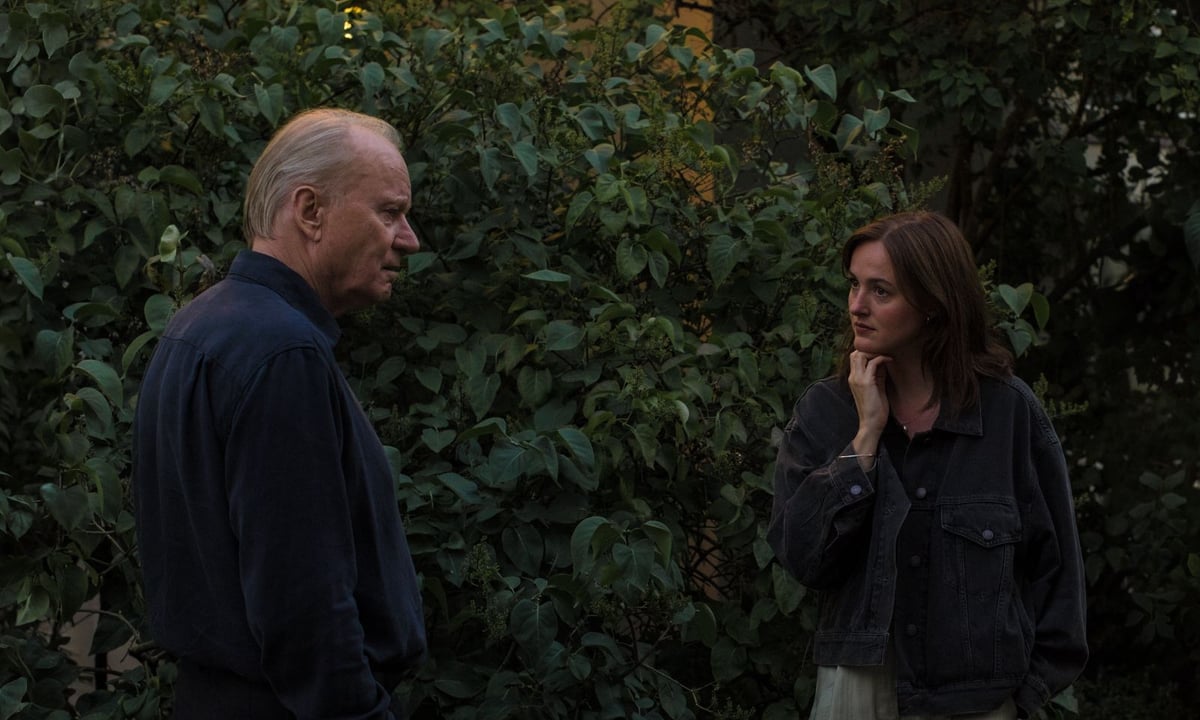






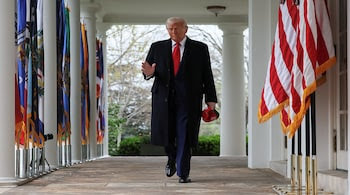






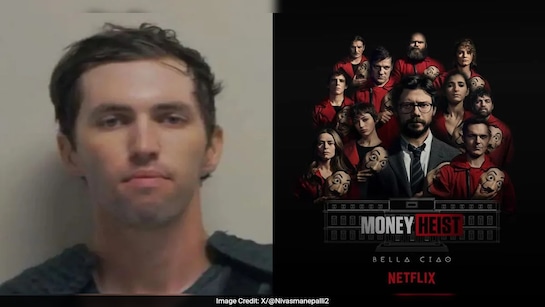










**.](https://america112.com/wp-content/uploads/2025/07/jqbanei_dear-comrade_625x300_08_July_25.webp)

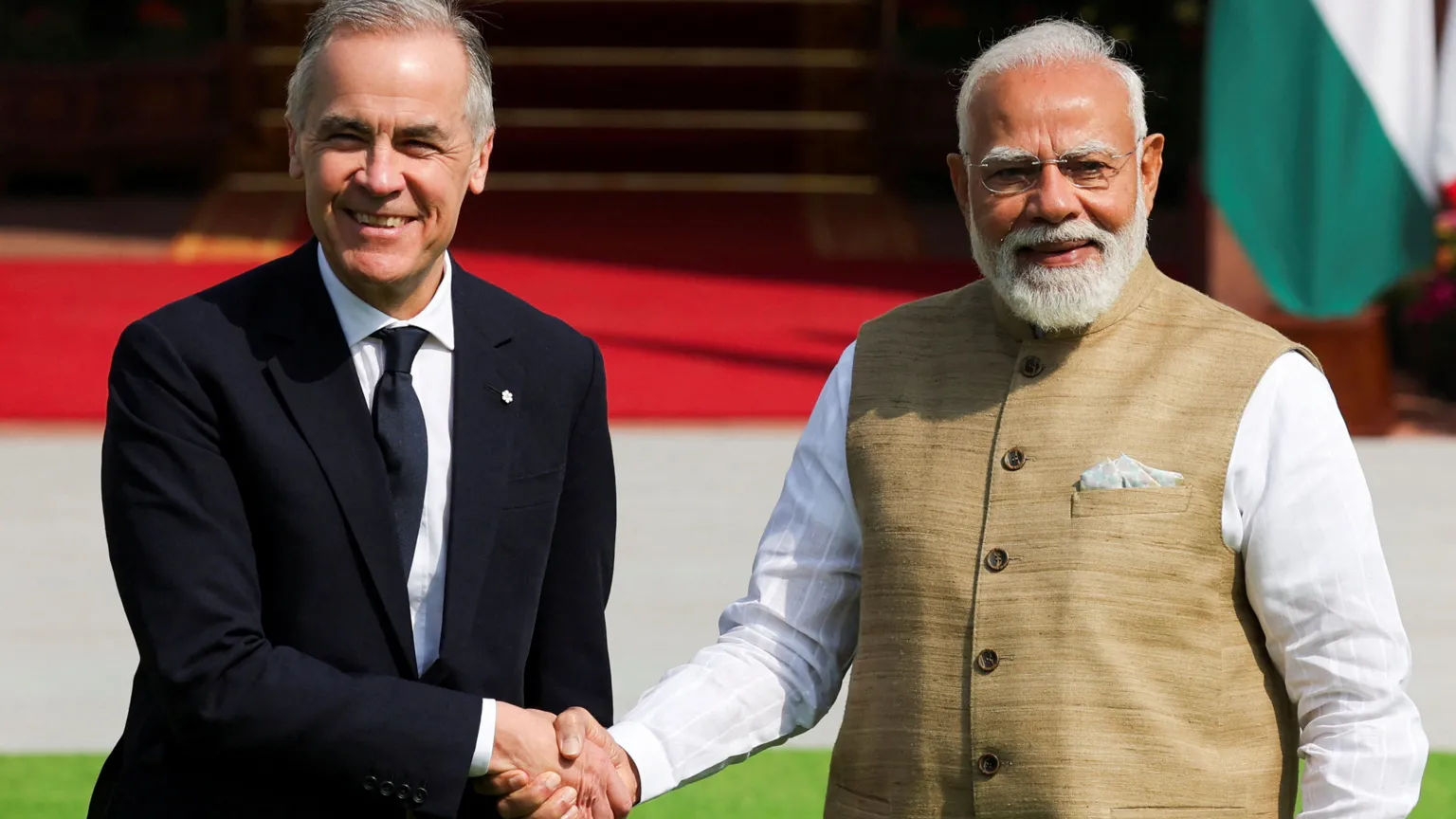
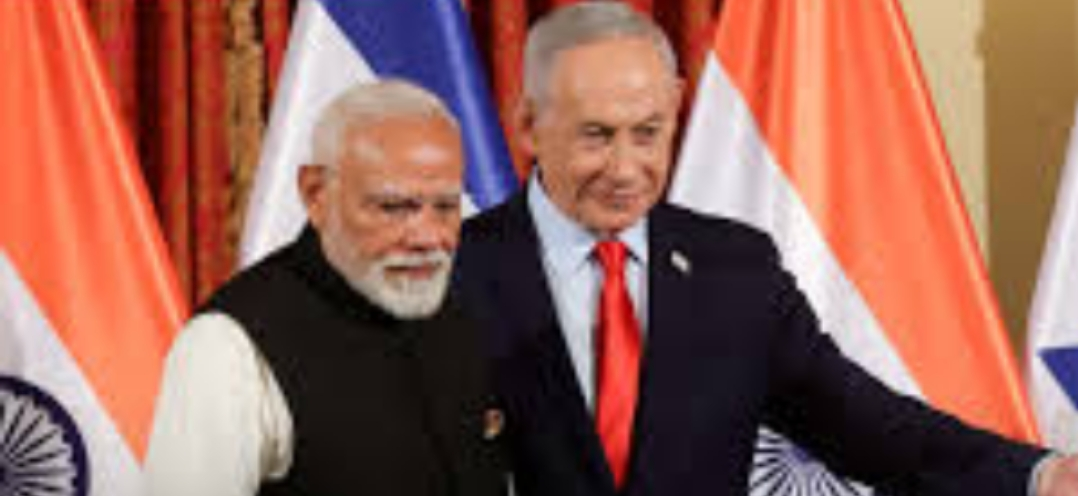
![Smoke rises after Israeli strikes in Beirut's southern suburbs, on March 2 [Mohamad Azakir/Reuters]](https://america112.com/wp-content/uploads/2026/03/hgh.webp)
